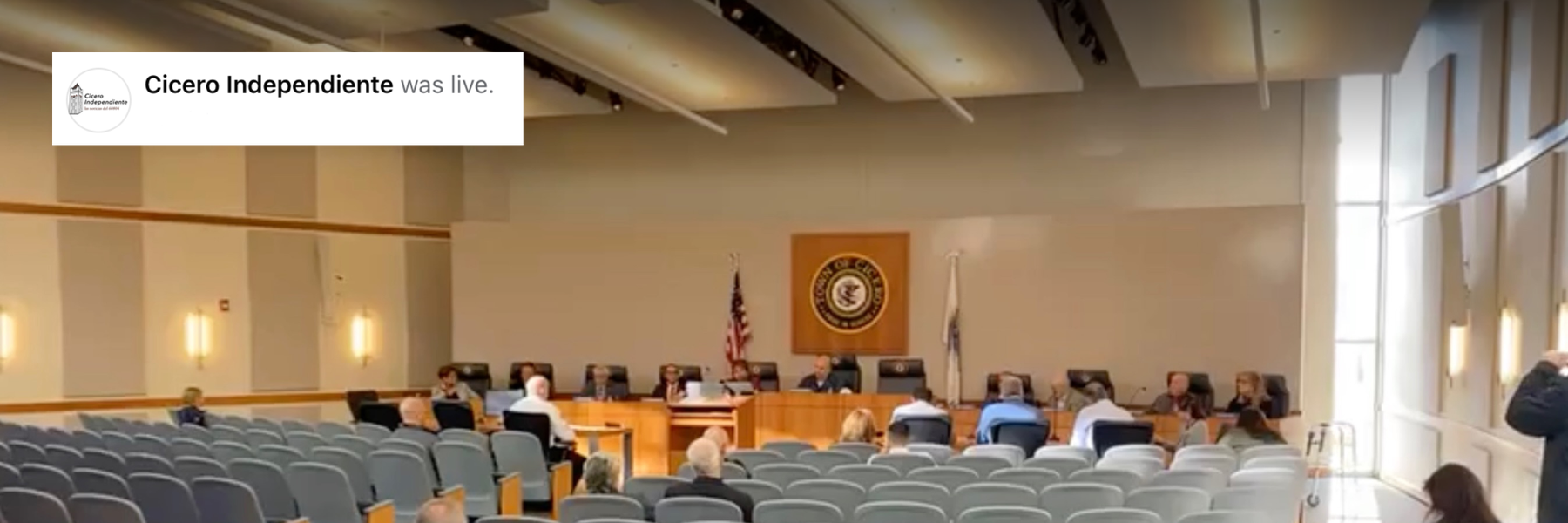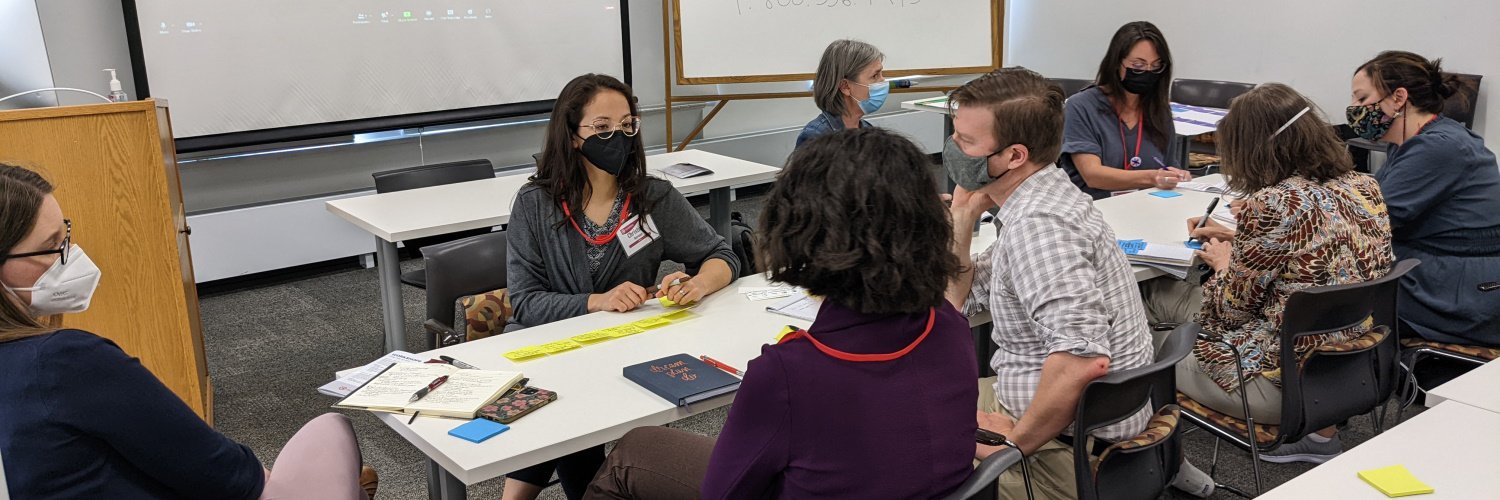Dan Heyman, a reporter for Public News Service out of Charleston West Virginia, was arrested at the state capitol for “aggressively breaching the secret service agents,” and “yelling” questions at Kellyanne Conway and Secretary of Health and Human Services Tom Price.
Specifically, Heyman was asking Price if domestic violence would be considered a pre-existing condition under the American Health Care Act.

If journalists weren’t aggressive they wouldn’t get any worthwhile information - so Heyman was basically arrested for doing his job.
After filing for Heyman’s criminal complaint it seemed appropriate to request criminal complaints of other people arrested for the same offense (West Virginia Code 61-6-19(a), Willful Disruption of Government Processes), but things got a little weird.

But they just released Heyman’s criminal complaint. What is happening? I requested clarification …

And this was their response:

According to Leah Macia, the Kanawa County Magistrate Court has all the criminal complaints, which is probably true, but it seems just as likely that the police would keep copies as well. After I requested whatever criminal complaints the police force had, Macia replied that she’d be out of the office until Friday.
Also arrested for doing his job is journalist (and MuckRock user) Aaron Cantu, who was swept up in a mass arrest while covering protests during Trump’s inauguration. Five other reporters were arrested that same day, but charges have been dropped against them, while Cantu was recently indicted by a federal grand jury for felony rioting, conspiracy and destruction of property. He’s facing up to 75 years in prison.

The incident reports for the other reporters are nearly identical, with some minor differences (although they all manage to misspell “breaking”), referencing the actions of “a crowd” rather than the specific people who were arrested.

The grand jury testimony might shed some light on what exactly Cantu did that might be worthy of three-quarters of a century behind bars, but federal grand jury testimony isn’t subject to FOIA.
Given the aggressive prosecutions, the right to a free press could be taken away if people are not willing to fight for it. With journalists outgunned by the government, the police, and an increasingly distrustful public, the First Amendment is going to go down swinging. Possibly literally.
Read Dan Heyman’s full criminal complaint embedded below, or on the request page.
Image by Becky Stern via Wikimedia Commons and is licensed under CC BY-SA 2.0




